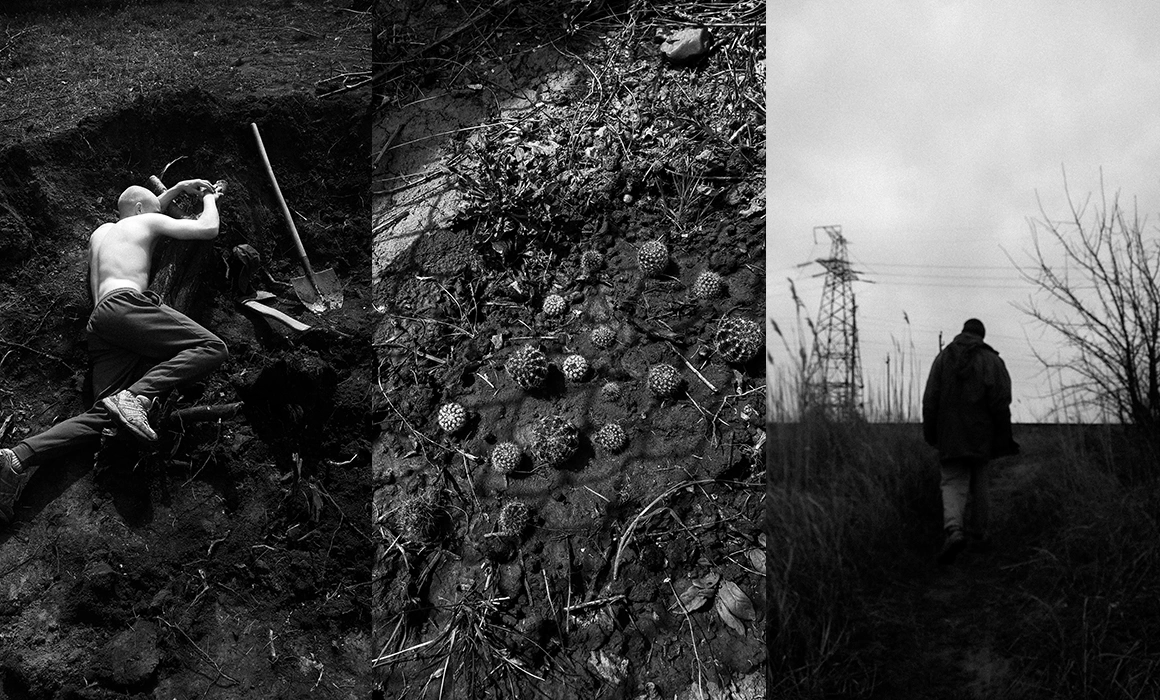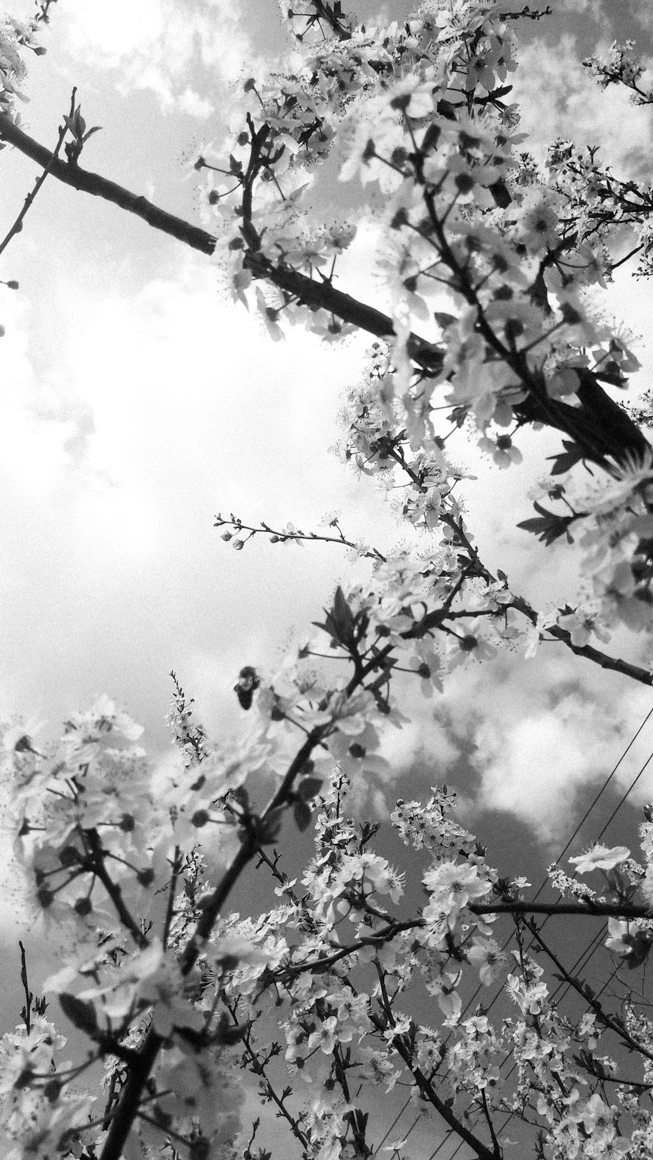The end of the world is best spent where it already happened.
Electromash is an electric motor factory located in Tiraspol - the capital of Transnistria, an unrecognized republic de jure part of Moldova, but de facto not controlled by it. In Soviet times, Transnistria was the main industrial region of the Moldavian Soviet Socialist Republic and Electromash was one of the largest factories in the region.
In addition to the production process itself, Electromash, like most Soviet factories, created spaces for different aspects of workers' lives. Through the trade unions, they organized a wide leisure infrastructure for workers: a house of culture, a recreation center on the Black Sea coast, sports and tourist clubs. This list includes the phenomenon of Sadovodcheskoie Tovarishchestvo - Garden Сomradeship.
A voluntary community of plant workers who were also gardening enthusiasts received land for use for free - usually one plot was around 6 acres. It was a countryside not used by the state for economic purposes. So, the garden association Electromash is located 40 km from Tiraspol, in the steppe zone on the border with Ukraine. Often these were lands that were challenging for agriculture. But since the goal was rather recreational and gardening was a pastime to exercise in their free time, on weekends, the factory workers were engaged in the development of these territories. In a sense, they can be compared with the colonists of these lands.
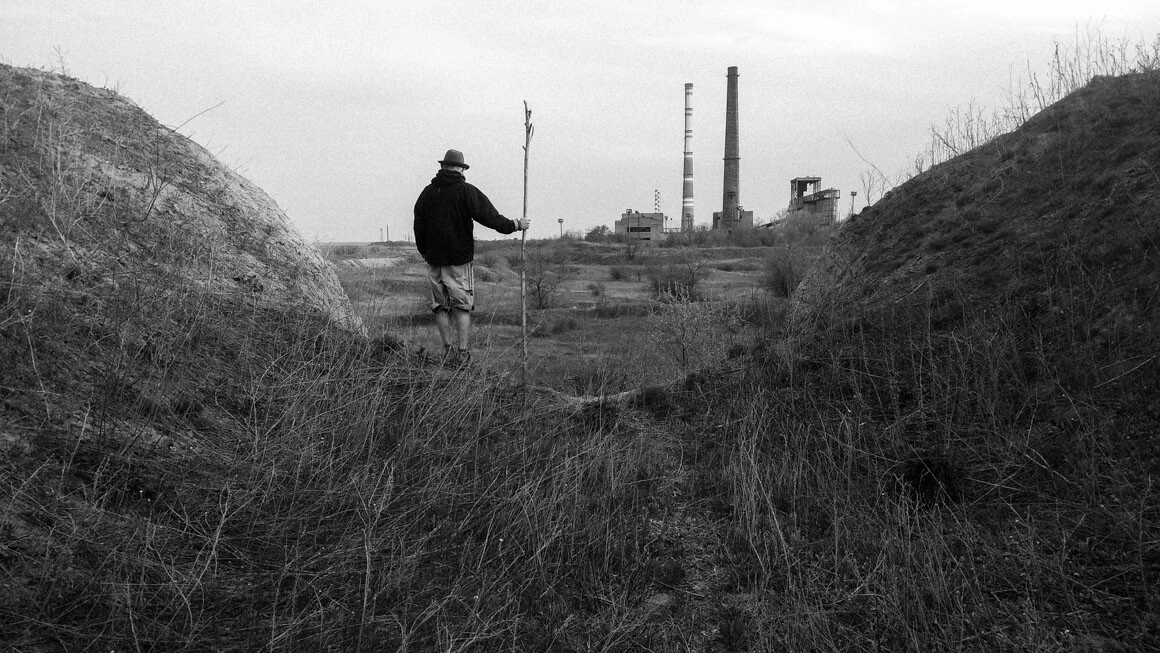
After 30 years, through the efforts of amateur gardeners on these lands, green oases appeared on this barren clay soil, under difficult climatic conditions, with permanent winds and frequent droughts. In the 1980s, when this movement was just beginning, the plant helped organize technical infrastructure: a gravel road, a 120 meter deep well with artesian water, and electrical networks - that is, those complex technical problems that are difficult to solve by the community.
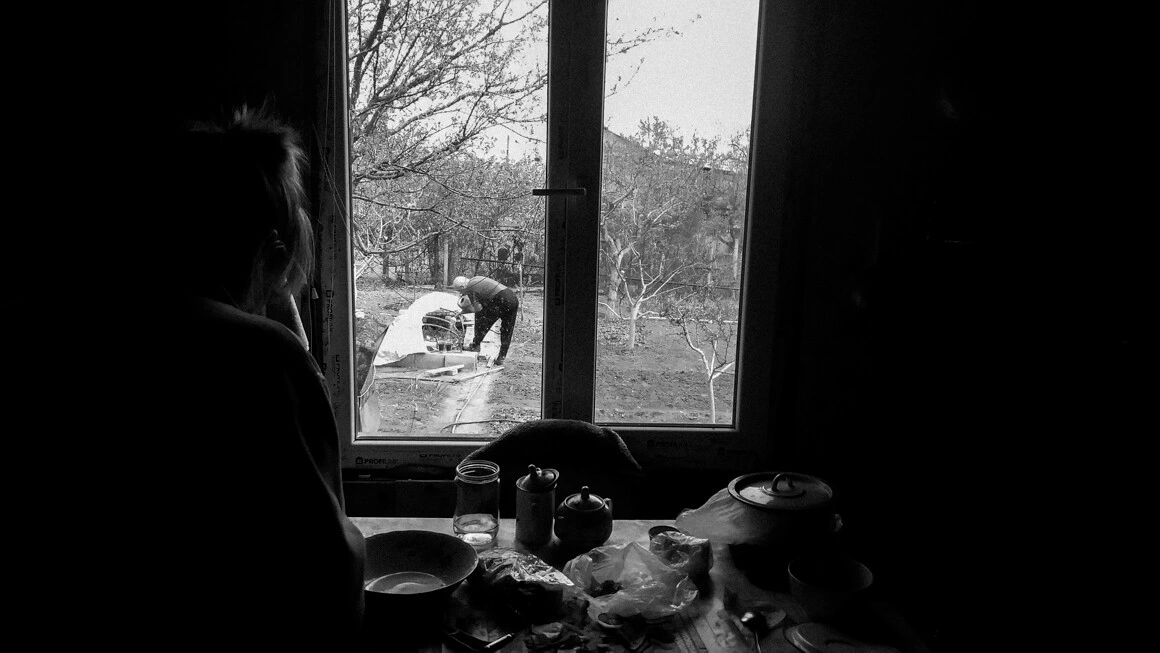
The parents of the authors of this article in the 80s were young engineers of Electromash. They met at the factory, started a family, they gave birth to two children and received a plot of land in the Garden Сomradeship. It's here, where a house was built and a garden was laid, that the family would spend every weekend of the warm season. The houses and the arrangement of the plots in the Garden Сomradeship were far from typical constructions, and they rather resembled individual art projects. This feeling of the observer in the gallery is amplified by the lack of impenetrable fences like in ordinary villages of the region, as the sections in the garden community are fenced with a transparent mesh-netting, so the entire internal structure and life are visible to everyone. Electromashevtsy built them from what they could get - these are absolutely arbitrary materials, often trash and obsolete items. Such a place was welcoming to everything that became useless in city, which became the building blocks for these buildings and gardens. And there was also the production waste from the plant, so each yard could speak about what kind of manufacturing facility the owner works with and what kind of materiality his life is connected with.
When you read about some Soviet achievements of the plant, you find out, for example, that „A new step in the development of Electromash was its participation in space research programs. In 1968, by order of the USSR Academy of Sciences, the plant manufactured details and construction for the RT-64 full-rotary radio telescope with a TNA-1500 directional antenna for long-distance space communications. Dimensions of the structure they were impressive: the reflector had a diameter of 64 meters, and the entire structure was 70 meters high, and its manufacture required 3,500 tons of rolled metal of various assortments of smooth melting" (from the book Scientific-Production Association Electromash). From such sentence, one might sense on the one hand, a certain official pathos. But at the same time, the magnitude of utopia and the range of intention. And, if we are to transfer these to people of Electromash, we might say ther were connecting the Сosmos (through all the futurism inherent to the enterprise and the recurring theme of the Soviet dream), to the very first practices of Man, their archaic roots deeply stuck in the pragmatism of Ground. Symbolically, Electromash people would talk to the Cosmos on weekdays, and on weekends they would dig into the ground, thus connecting the future horizon to the roots of the past.
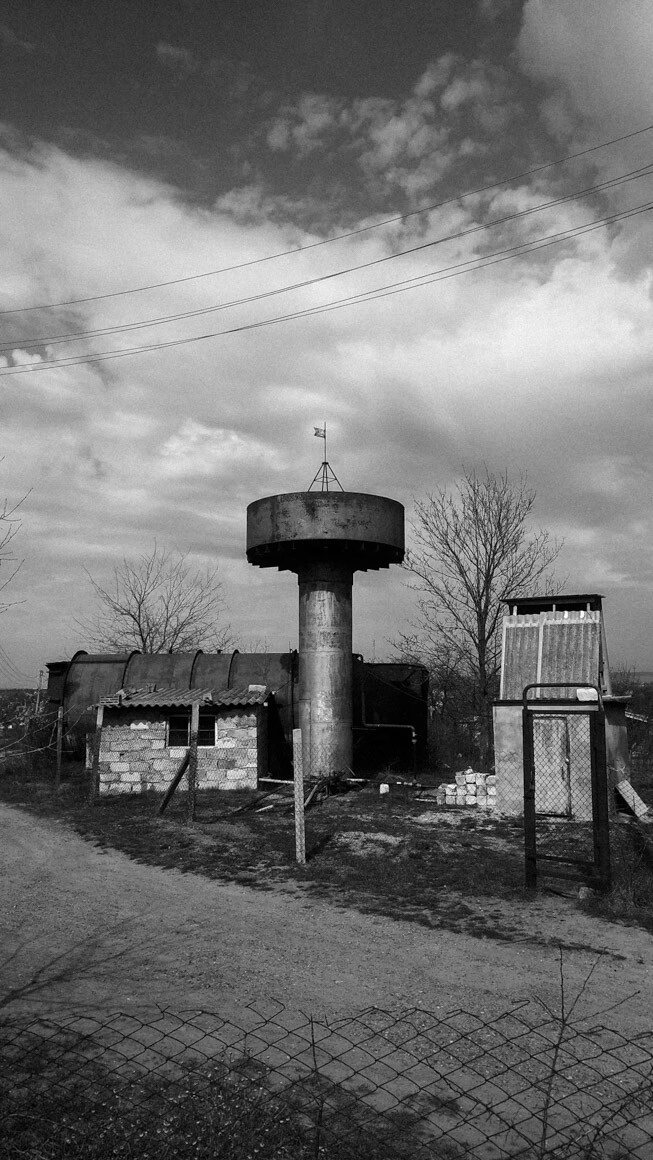
In addition to these higher matters, about which workers are unlikely to think about too often, the Garden Сomradeship was a kind of blind spot within the Soviet system, where there was space for self-organization and self-government. Despite the fact that initially the proposal belonged to the state system, in the 1980s, when the Сomradeship appeared, the State didn't interfere with the internal affairs of the community, which was a fairly horizontal form of coexistence and a solution to collective needs, also knows as cooperative. Paradoxically, such a phenomenon give people an opportunity to acquire property for individual, which slowly came to be perceived as a form of luxury, and people started calling these country houses dachas, in the manner of the nobles from the Russian Empire. And in the '90s, when Mexican soap operas appeared on Russian television and gained incredible popularity, people began to call such houses and gardens fazenda (from the Spanish hacienda).
But in the '90s, simultaneously with the advent of Mexican TV series and hacienda, the great utopia called the USSR ended. And Electromash factory, like many industrial projects, entered the degradation zone. Of course, there was a certain inertia, and the real decline can only be ascertained by the 2000s. The name of the plant remains, but now Electromash rather exists in a kind of formal mode - more like a dying star, than a complex and powerful system that workers from Soviet period like to recall with nostalgia. Of course, all parallel projects were no longer supported by the plant, and Garden Сomradeship Electromash remained went on with its own autonomous mode of existence. Now there are mainly retired former workers. And although in the external reality, instead of comrades, people now call each other Sir, this place is still called a Сomradeship and still reflects its spirit. Enthusiasm has been replaced though by slightly resentful sadness.
The author of this text spent these last three months, since the pandemic started swallowing the world, in the Garden Сomradeship Electromash. The fact that there is almost no sense of change here and the outside world seems to be bypassing this place, has proven to be an advantage in this period. The absence of shops, of post offices, bus stations and most of the official attributes of inhabited places (not even Google Maps has a geotag of this place) further emphasizes a sensation of break from external structures and stream of time. Continuing the good old tradition, the whole family gathered here on weekends and holidays. We spent the week days working in the garden, where we grow vegetables and fruits, an important source of food for the family during the warm season and a resource for DIY cannings for the winter. We spent our free time exploring the local anthropogenic landscapes, which borrow from the steppe melancholy and the post-industrial timelessness.
